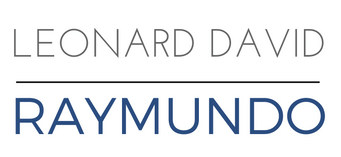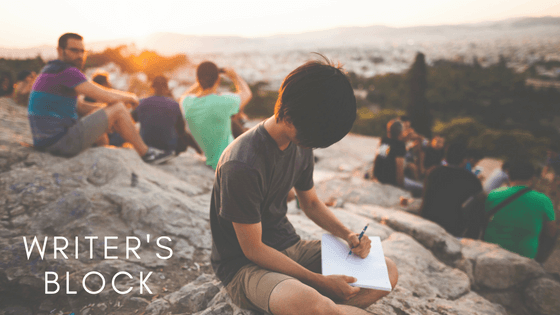Losing your sense of creativity or simply failing to find the inspiration needed to to create the best work possible is something all writers face. It can be frustrating and debilitating, which can lead to a forced piece of written material lacking in passion. If you as a writer are struggling to get in touch with your inner creative genius, just know that everyone goes through the same thing, even the best of us. Consider any of the following strategies to wake that sense of imagination and originality.
Understand and Practice Monotony
This seems entirely counterintuitive, but taking part in an activity, or not, that is mundane and downright boring can lead to a wandering mind. A study published on Sage Journals stated that this mindlessness and attempt to subconsciously entertain one’s self can actually promote creative thinking. Some monotonous tasks you could take part in include cleaning your house or work area, counting the number of items on your desk, or simply staring at a wall! Don’t get too excited.
Void Yourself of Distractions
All writers seek to eliminate distraction to some extent, so this is nothing new, but it can do wonders for your creativity. Depending on the area in which you prefer to write, make sure any televisions are off, your phone is on silent, and you are left with nothing but your thoughts. This free-thinking mindset will spark thoughts that you may not have been able to access with distractions or background noise.
Fill the Room With Distractions
I know what I said. While eliminating all possible distractions is a good way of promoting creativity, conversely, distracting yourself with a variety of activities can have the same effect. When you are deeply focused on a single task, your brain effectively ignores all other stimuli around you, which can limit your mindset to that one specific project. Actually delving into the distractions around you can spark ideas for a number of different solutions to one problem. Read a magazine, listen to music, or watch a brief amount of television to get the creative juices flowing.
Relax
Sometimes this mental lapse in creativity can be caused by overexertion of the brain and a forced attempt to think of something new, which can have adverse effects. When this is the case, simply walk away from your computer, notepad, typewriter, or whatever medium you are utilizing to write, and clear your mind. Meditate, take a nap, talk a walk outside, or even make a drink to destress and rejuvenate your creative genius. You’ll come back to your written work with a refreshed sense of inspiration, which could lead to ideas that were previously blocked by mental overexertion.
Keep Pounding Away
The best advice that was ever given to me was just to keep writing, no matter how inspired or uninspired you feel at the moment. This is important to remember because writing is like any other activity, in that in order to get better, you just need to keep practicing. Waiting on the “aha” moment, will cause you to stall out, and procrastinate on your writing. Sometimes the best ideas come from just sitting your butt in a chair, and getting it done.





